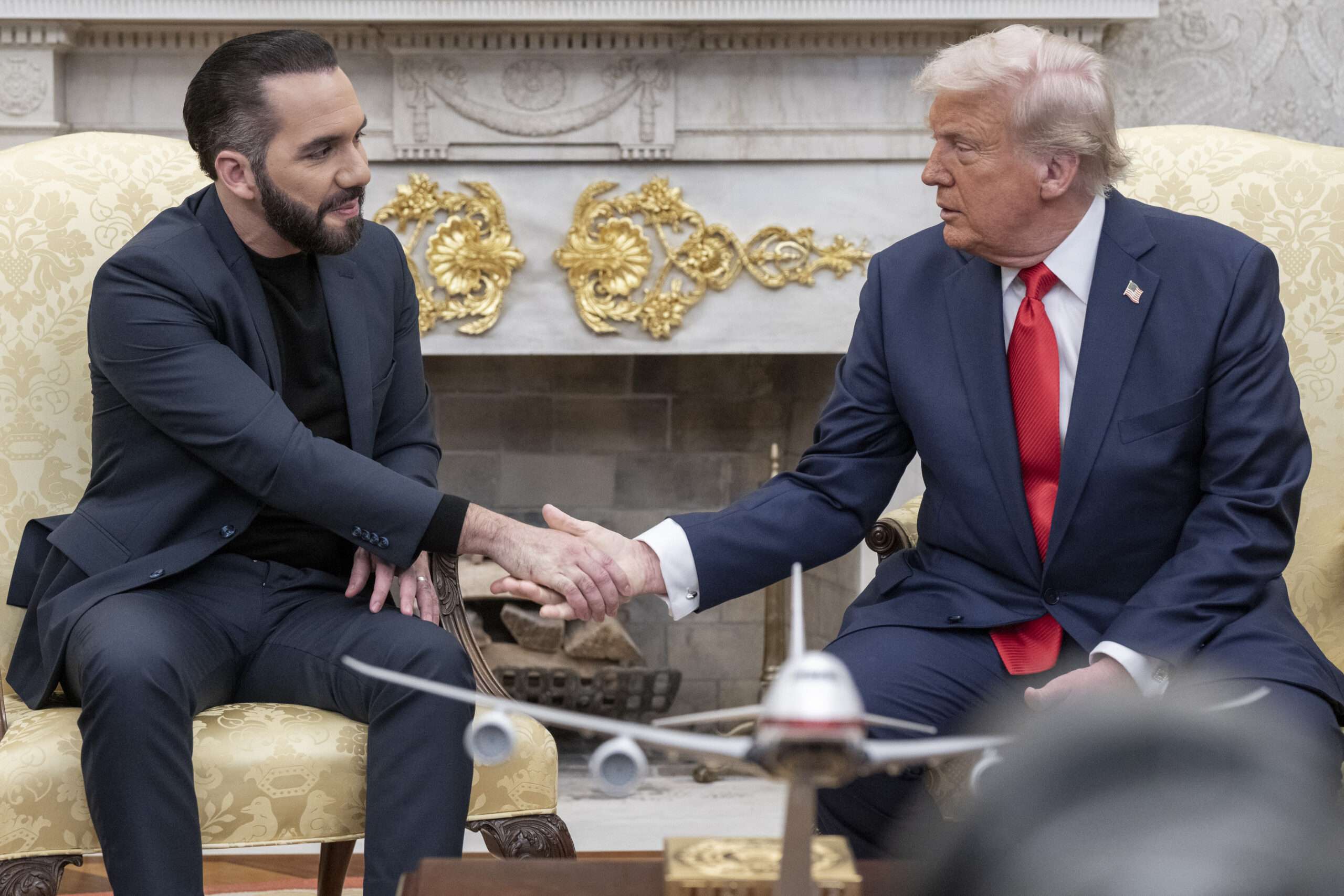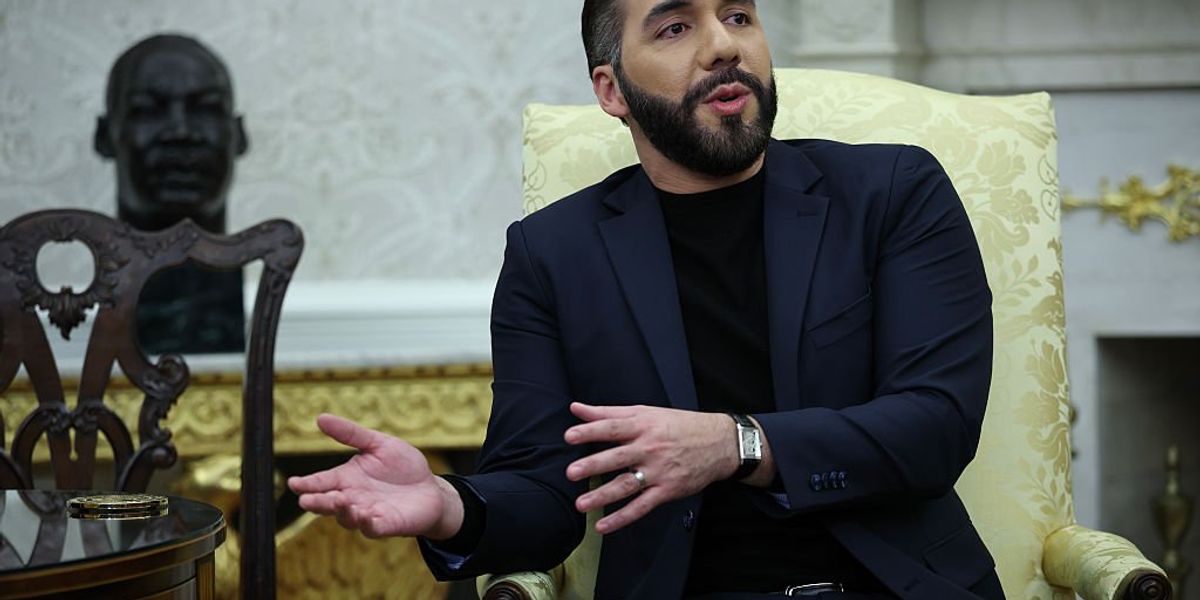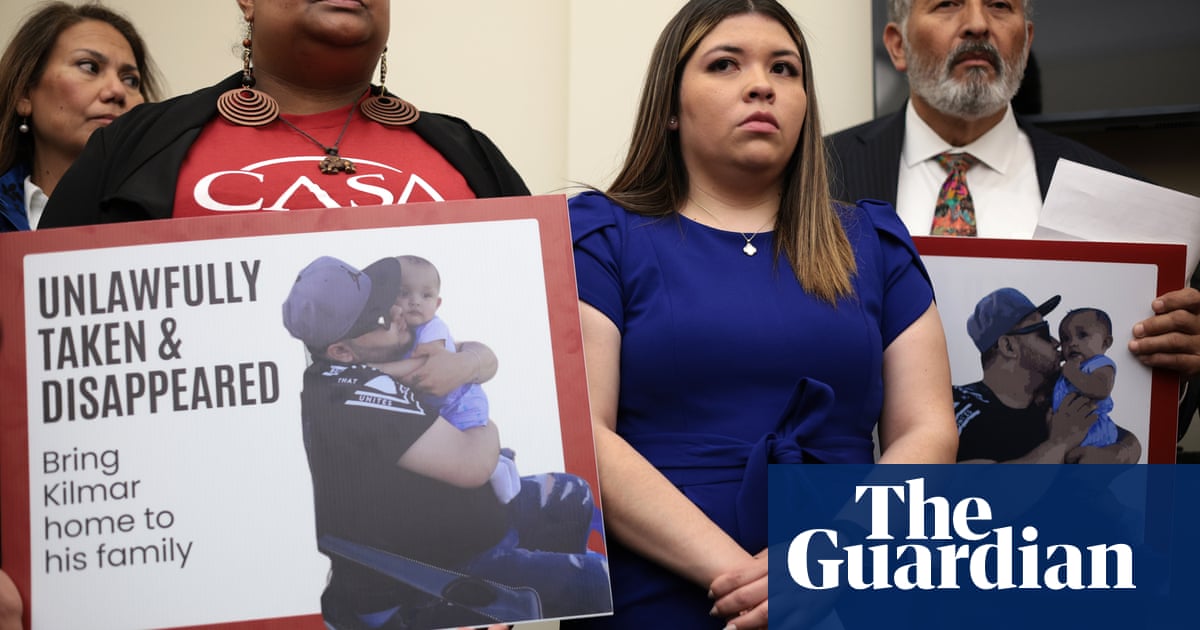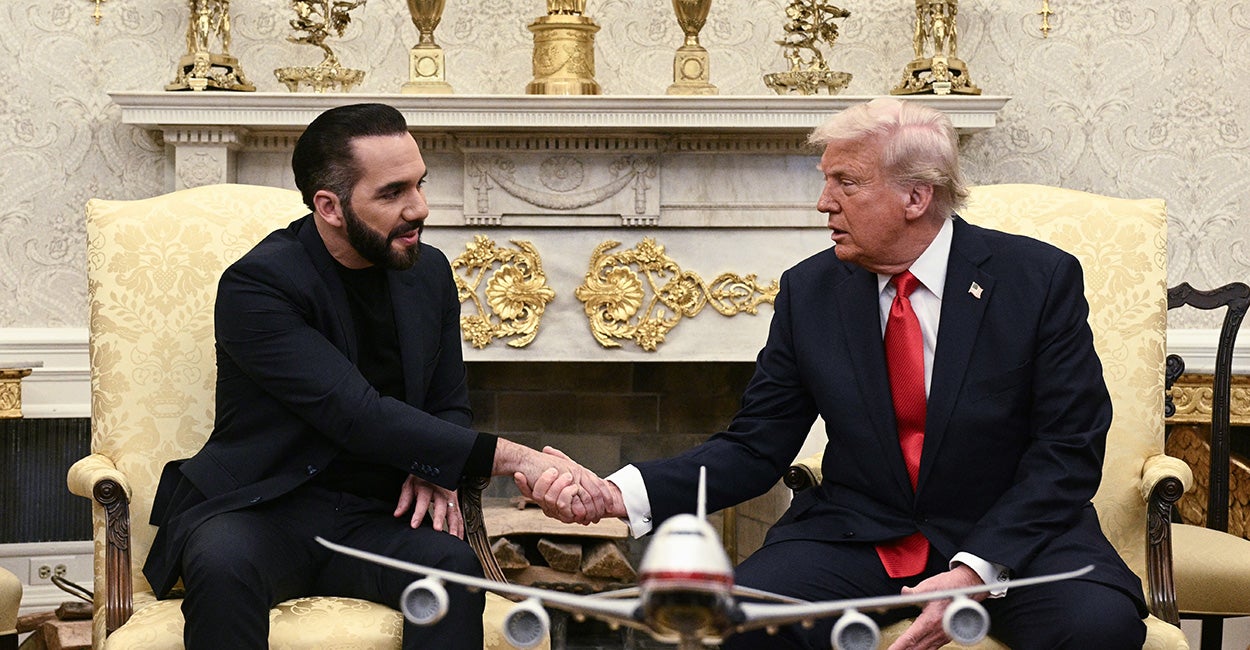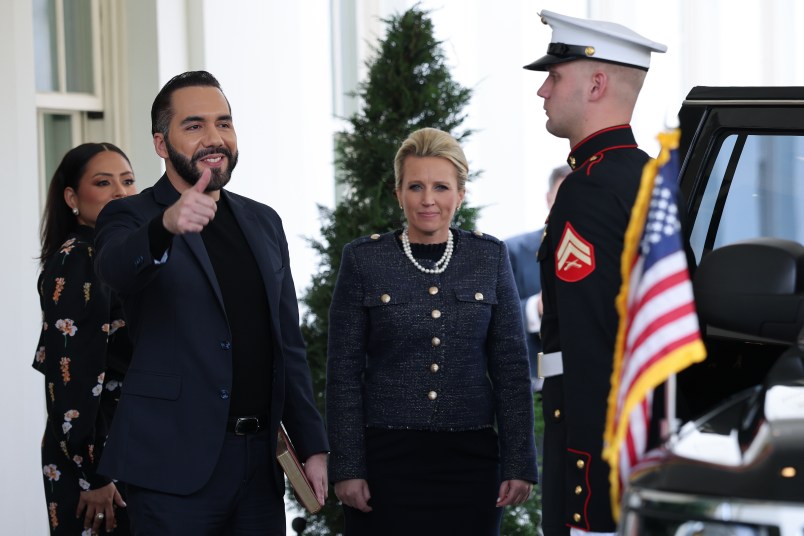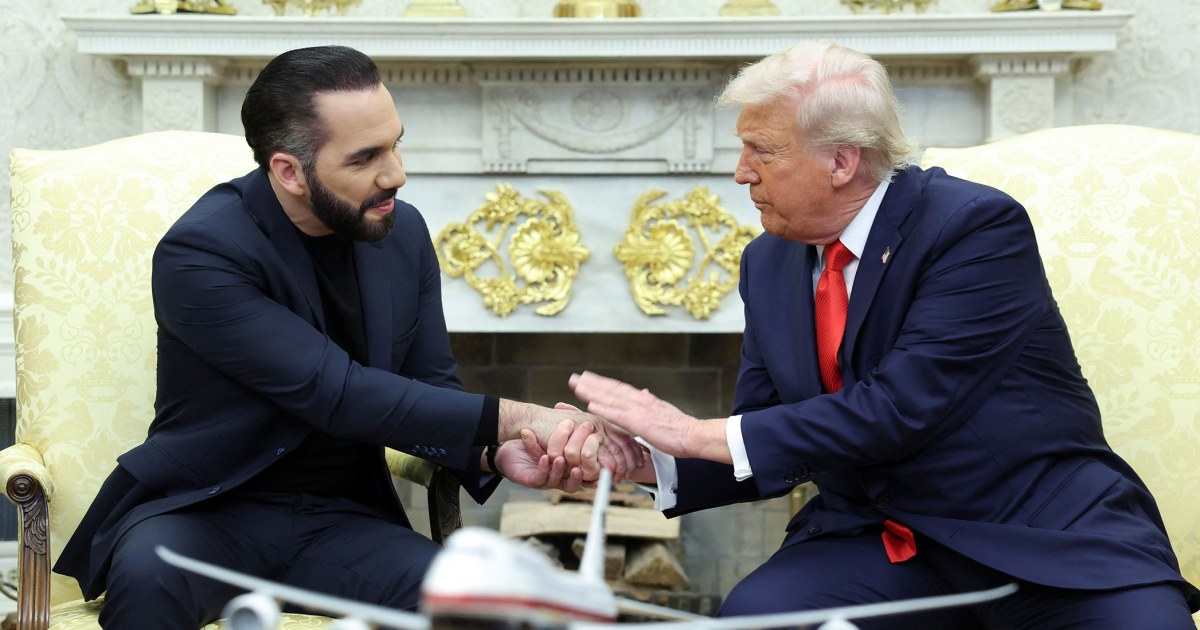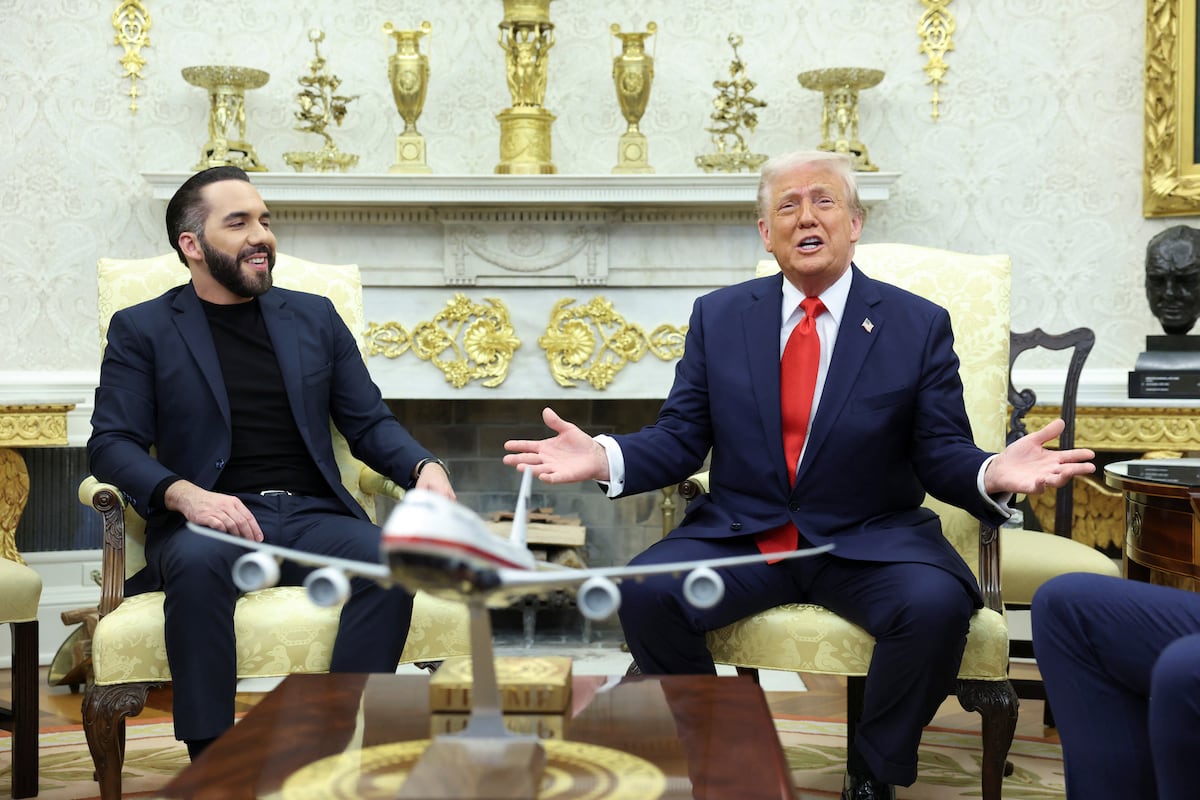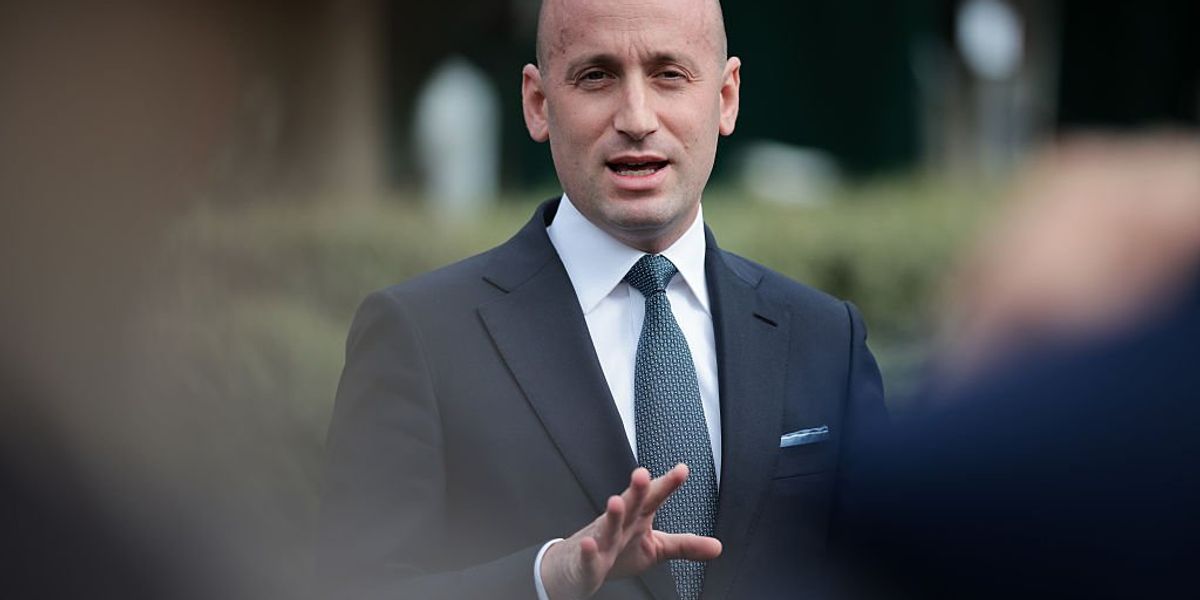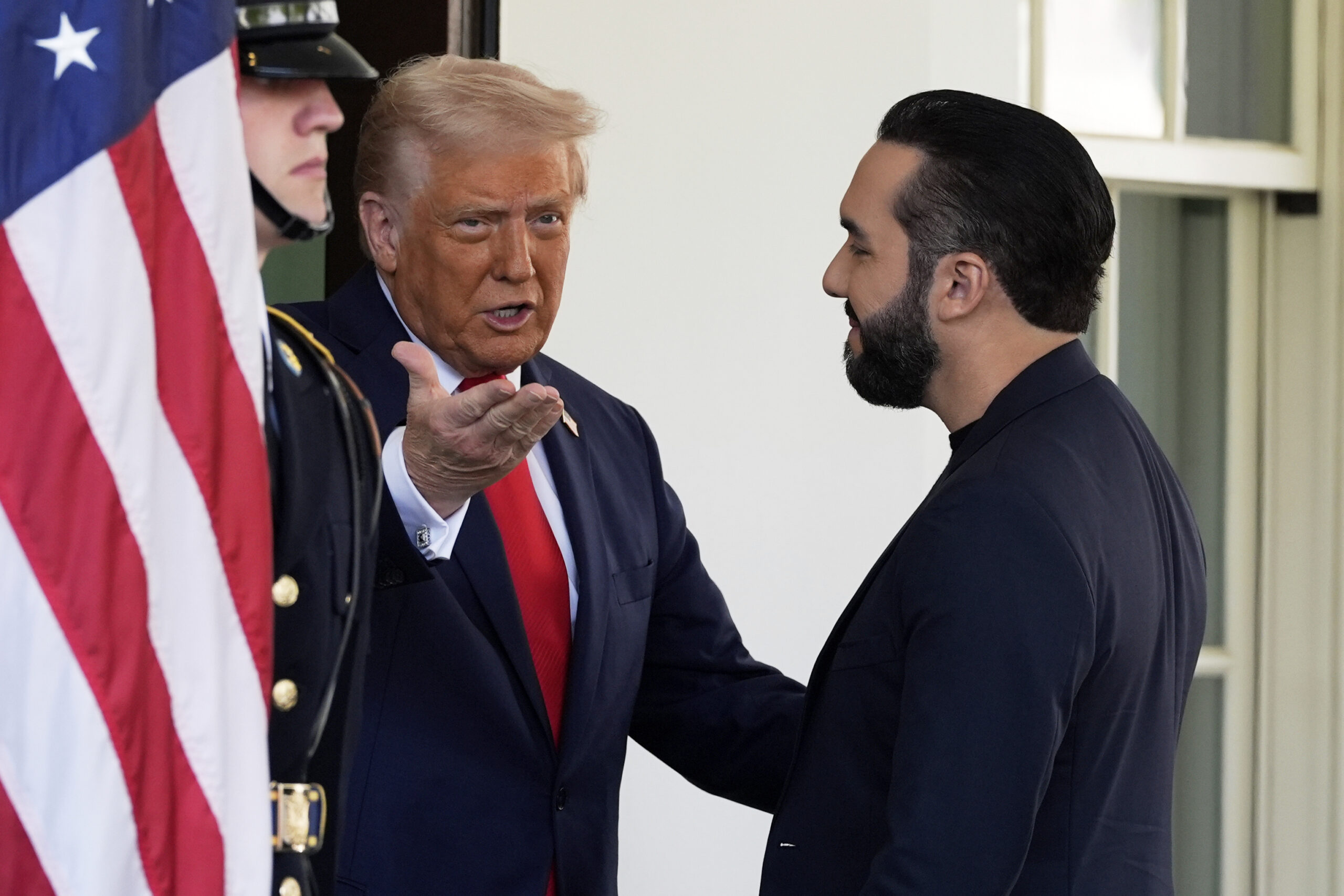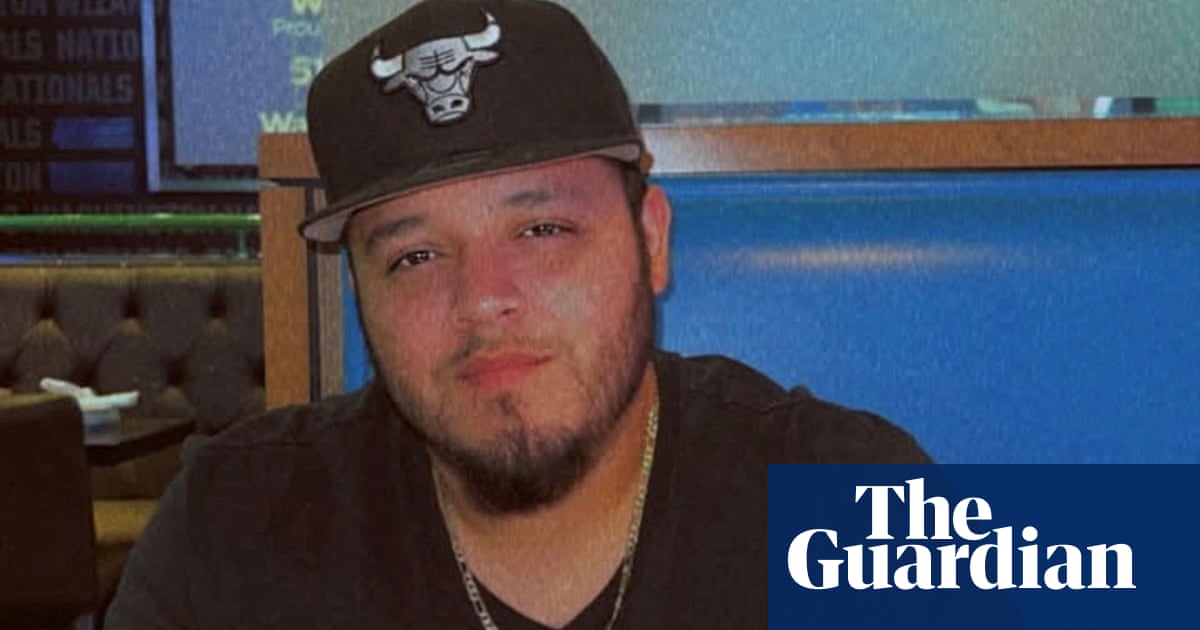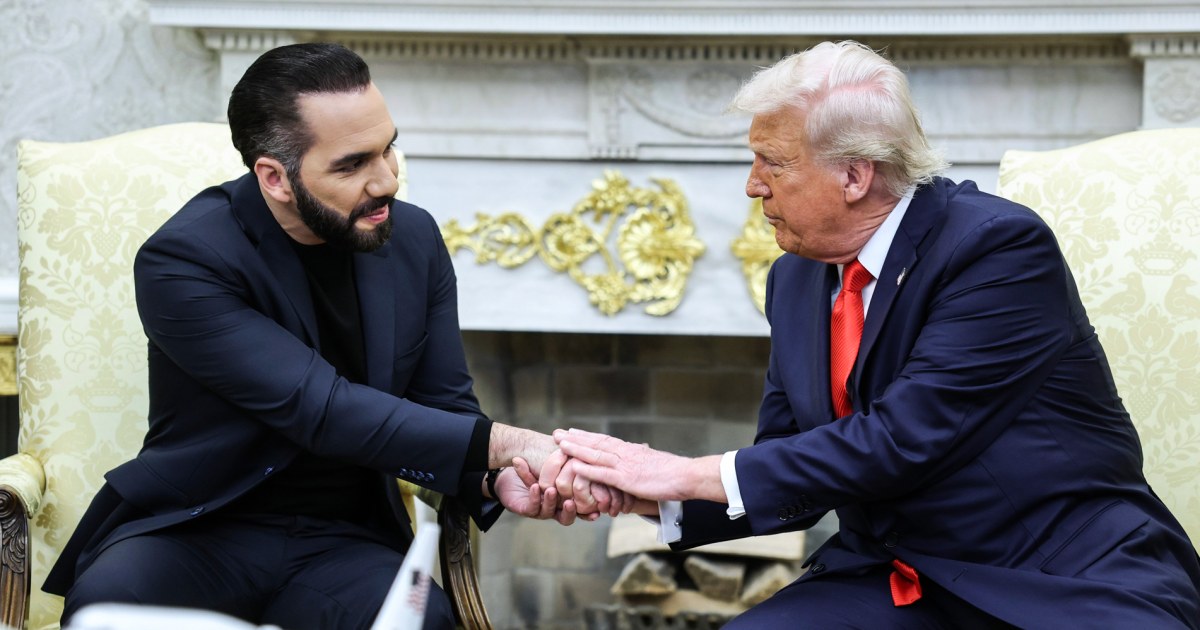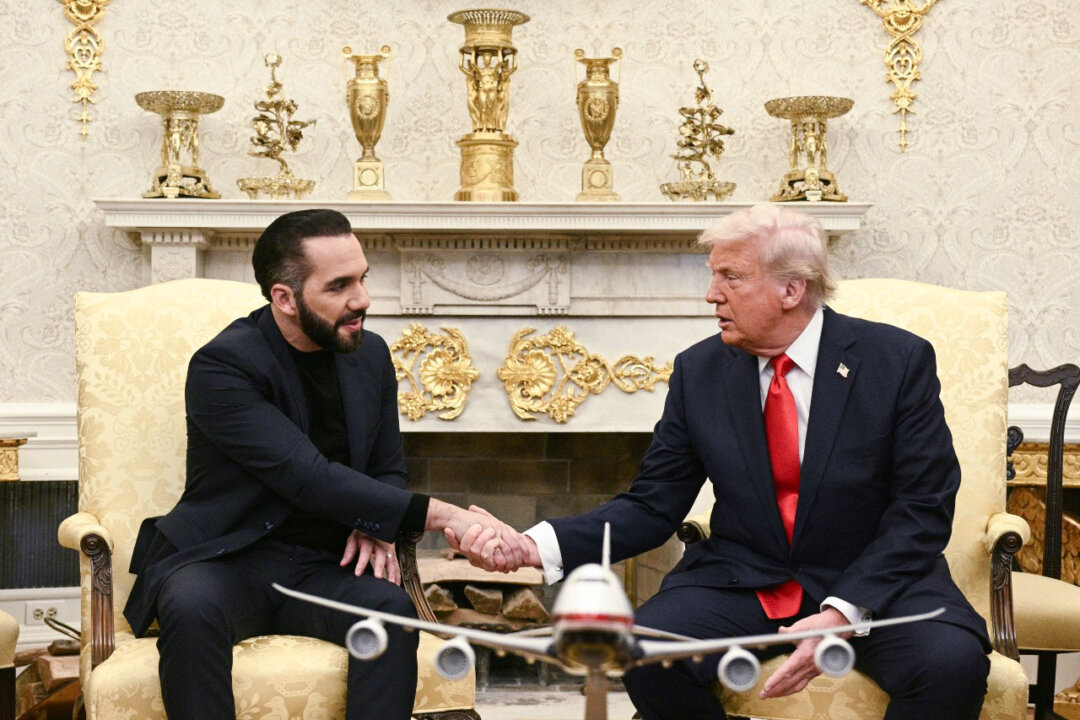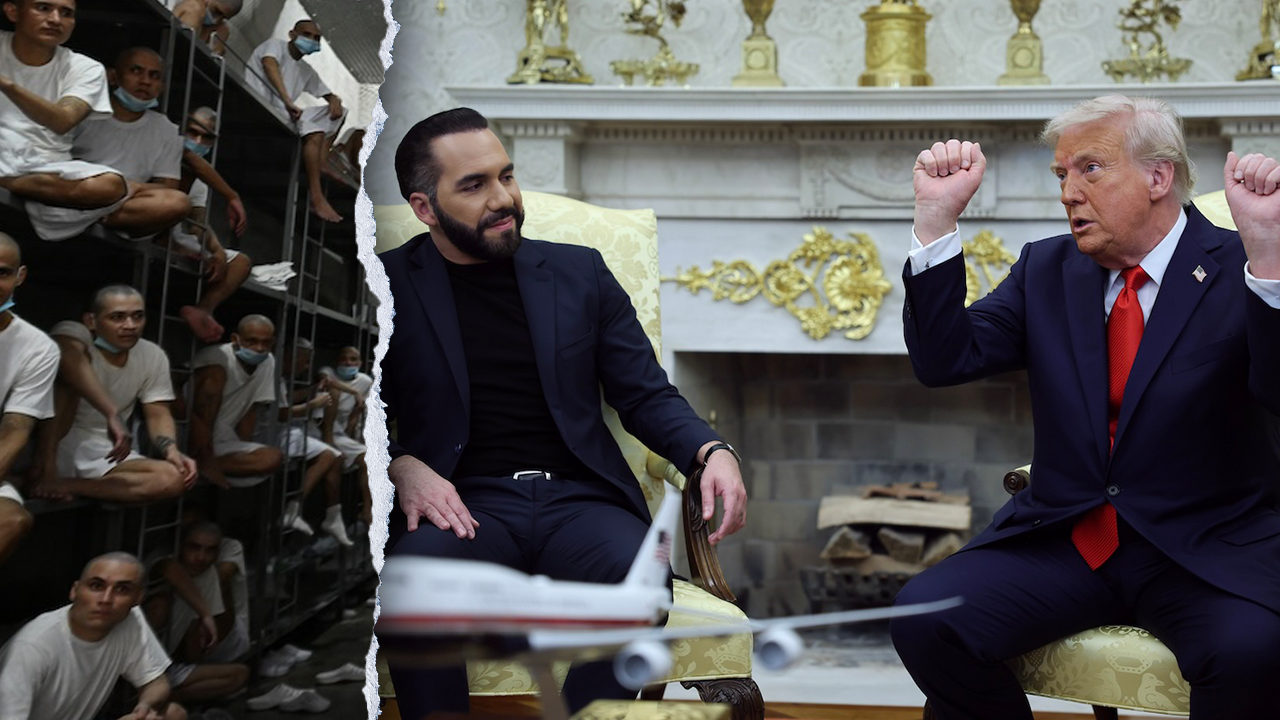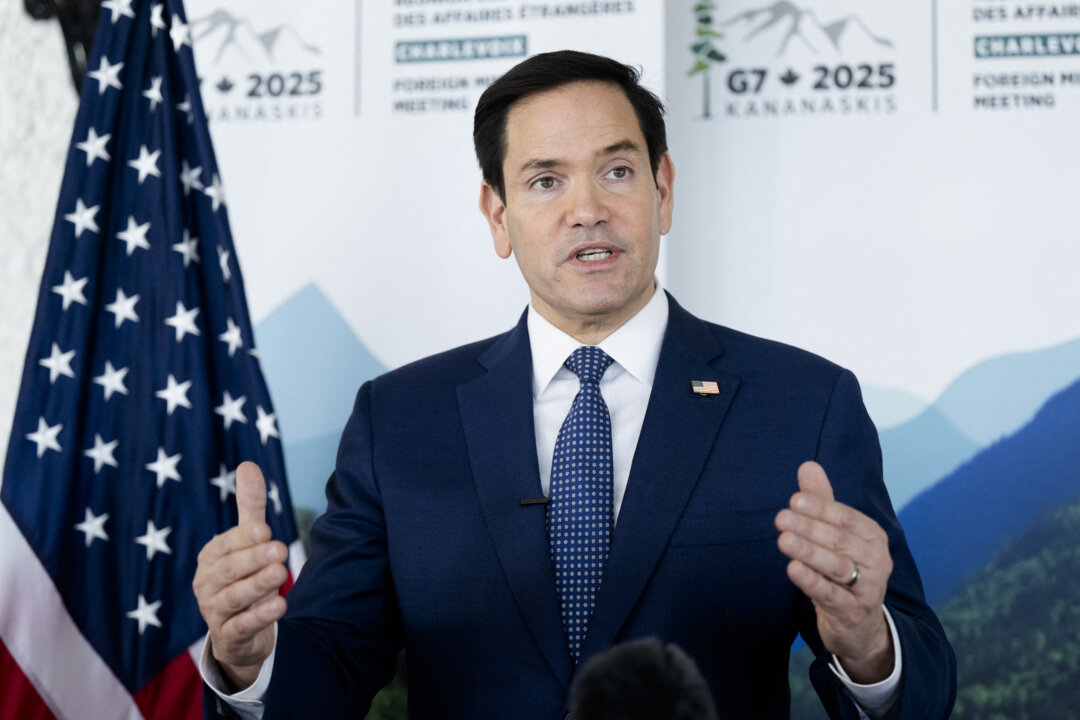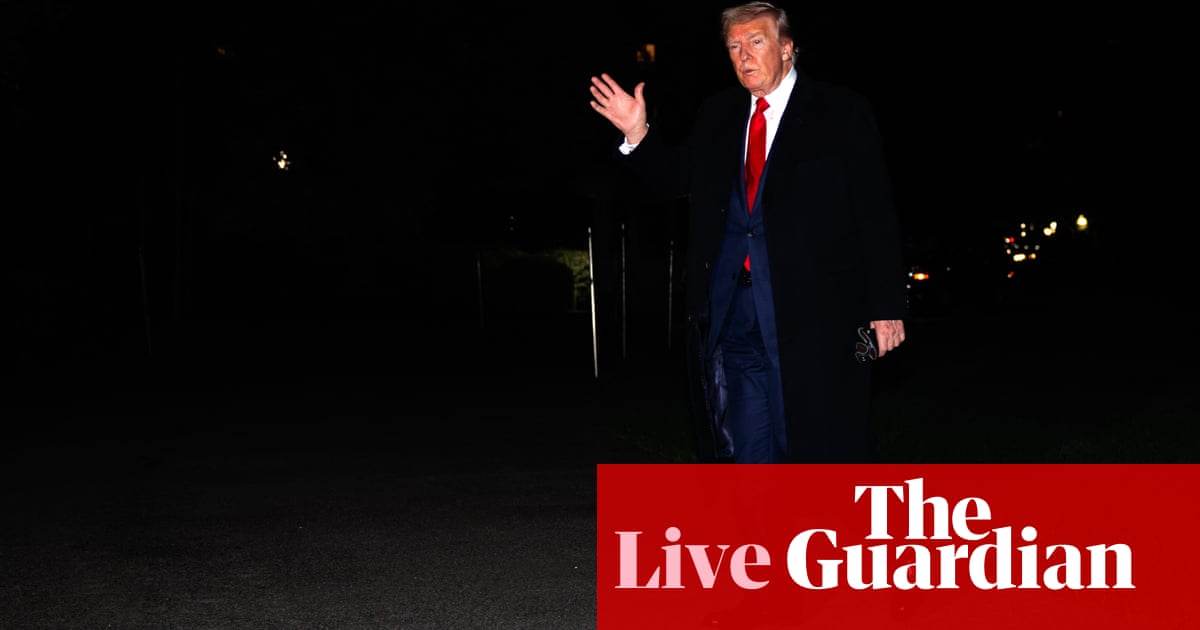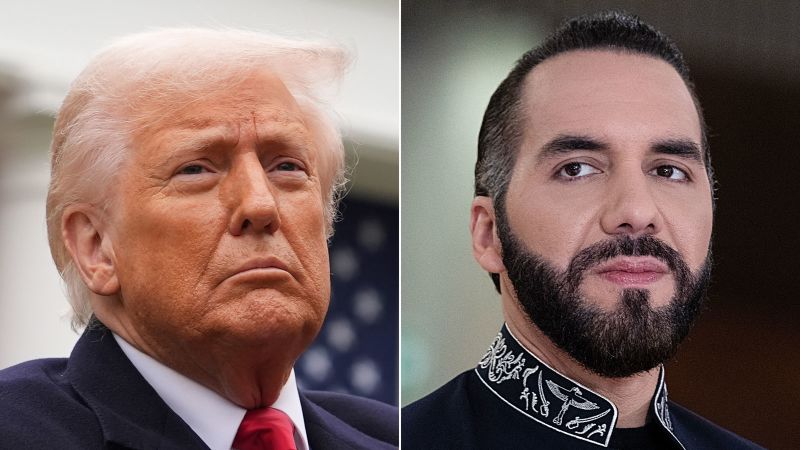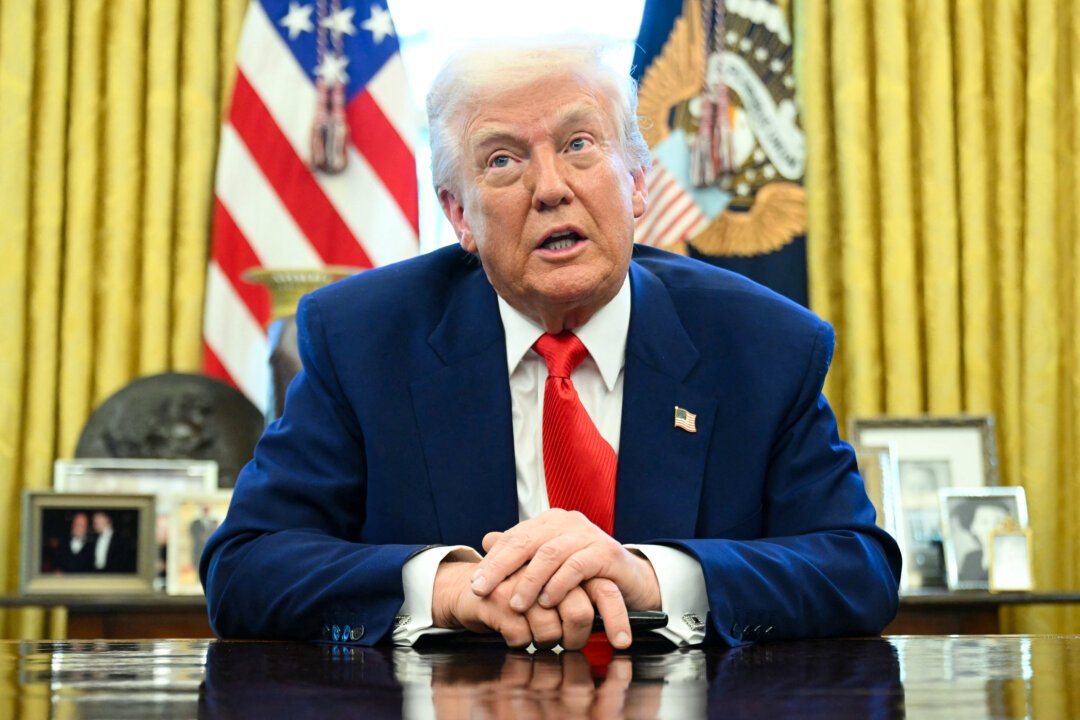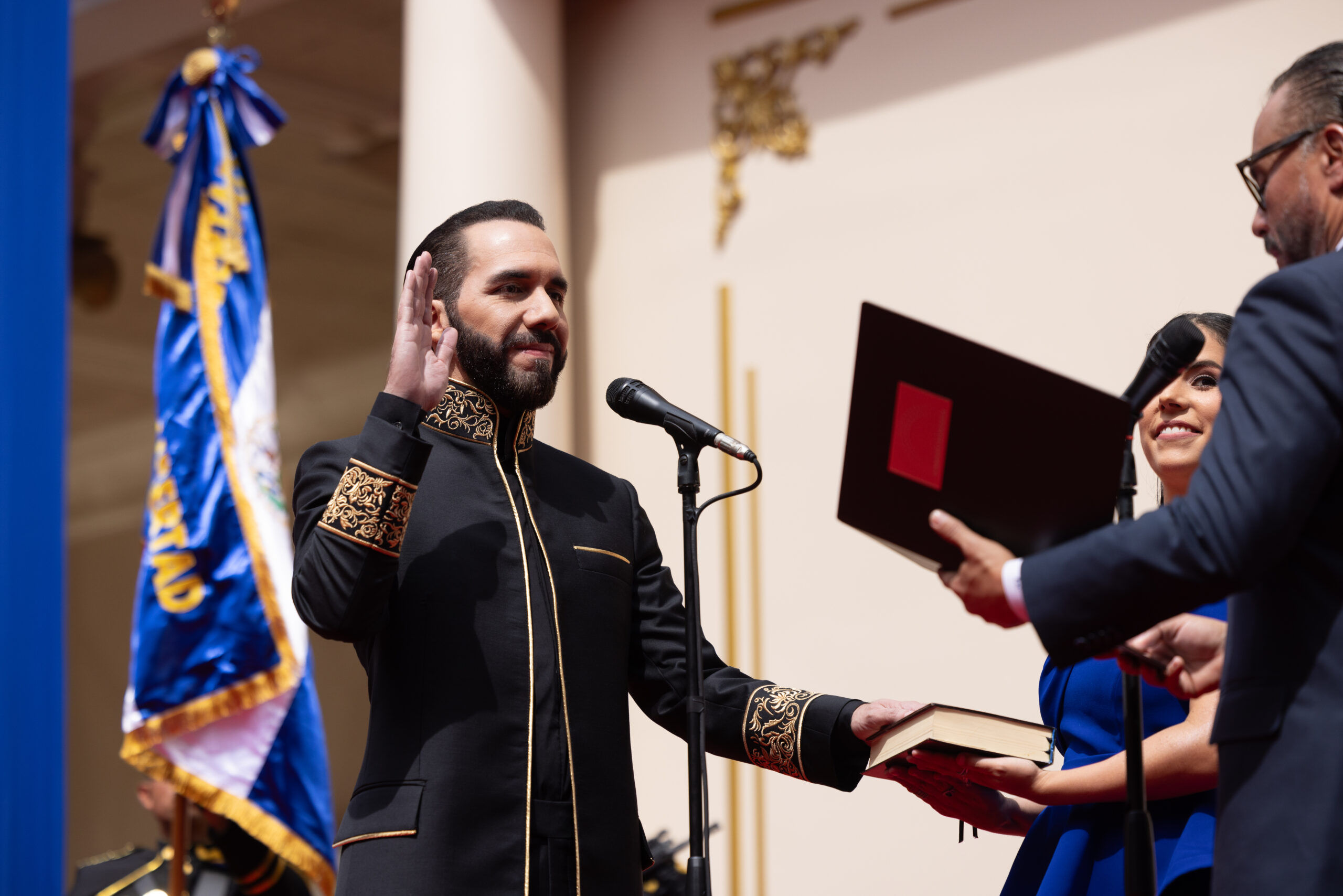Trump, Bukele Clash Over Deportation of Maryland Man Amid Legal Controversy
President Trump and El Salvador's Bukele address the complex case of Kilmar Abrego Garcia, wrongfully deported and detained in El Salvador.
Subscribe to unlock this story
We really don't like cutting you off, but you've reached your monthly limit. At just $5/month, subscriptions are how we keep this project going. Start your free 7-day trial today!
Get StartedHave an account? Sign in
Overview
During a White House meeting, President Trump and El Salvador's President Bukele discussed the deportation of Kilmar Abrego Garcia, a Maryland man mistakenly sent to El Salvador. Bukele insisted he cannot return Garcia, labeling him a terrorist, while U.S. Attorney General Pam Bondi reinforced claims of Garcia's gang affiliation. A federal judge ordered the Trump administration to facilitate his return, affirmed by the Supreme Court. Garcia remains in a maximum-security prison in El Salvador, with his family disputing gang ties, escalating tensions surrounding U.S. immigration policy.
Report issue

Read both sides in 5 minutes each day
Analysis
Analysis unavailable for this viewpoint.
Articles (52)
Center (11)
FAQ
Kilmar Abrego Garcia is currently being held in the CECOT mega-prison in El Salvador. His return to the U.S. is pending due to legal disputes between the U.S. government and El Salvador's refusal to release him.
Abrego Garcia was deported due to an administrative error, despite a 2019 court order that prevented his removal to El Salvador due to potential persecution.
El Salvador refuses to return Abrego Garcia, labeling him a terrorist, while the U.S. claims it is up to El Salvador to decide his fate. The U.S. government is ordered by courts to facilitate his return, but expresses inability to enforce this due to El Salvador's sovereignty.
A contempt order might be used to compel the U.S. government to act more decisively. Additionally, ongoing legal proceedings will assess whether the administration is complying with court orders to facilitate his return.
History
- 7M

 4 articles
4 articles
- 7M

 3 articles
3 articles
- 7M

 4 articles
4 articles
- 7M

 3 articles
3 articles

